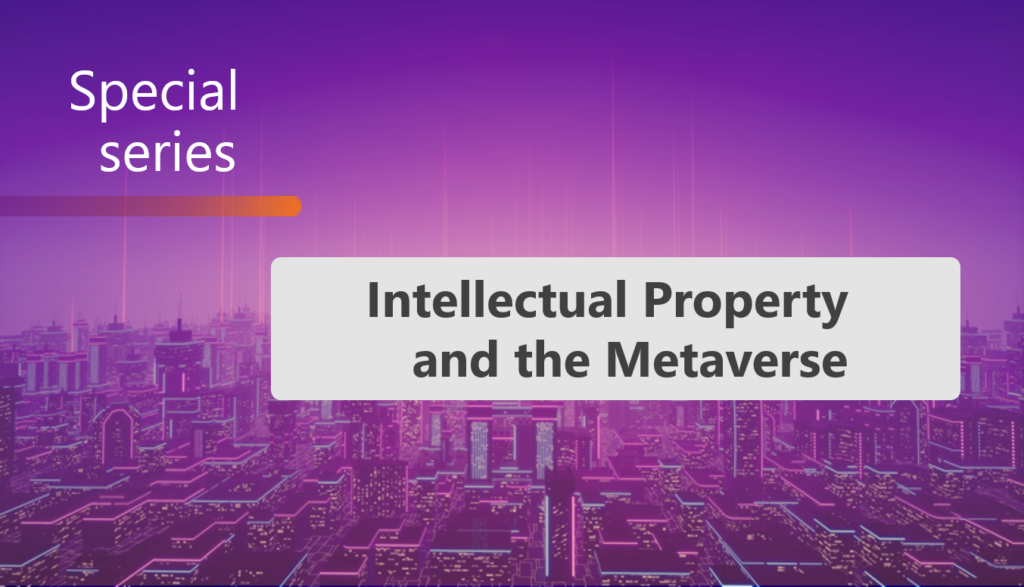

The evolution of the use of trademarks from web 2.0 to web 3.0
The new generation of the internet will involve unique applications, features and challenges
The ever-growing number of ways of consuming products and services in digital environments drives companies across different industries to continuously adjust their communication strategies. This is especially the case for the entertainment sector. 2, whereas on the Brazilian market, 74.5% of Brazil’s population regularly plays electronic games, as reported by the 2022 edition of the Brazil Game Survey (Pesquisa Game Brasil).
In this context, the Game Marketing or AdverGaming has become an increasingly accepted form of promoting commercial identities within games. The main game marketing strategies include in-game advertising, where trademarks are inserted into existing games, and advergames, which are specifically developed to advertise a given trademark.Within the metaverse, major companies are not only taking advantage of these approaches in games, but they are also using them to promote their sponsors in shows and other presentations. As such, the entertainment world is firmly at the center of the shift from the second generation (web 2.0) to the third generation (web 3.0) of the internet.
The innovative possibilities that the concept of web 3.0 represents (such as a more decentralized internet and greater user control) are becoming ever more apparent, especially when considering the creation of different metaverses and non-fungible tokens (NFTs).
However, these new possibilities also present potential new forms of intellectual property rights violations. Examples include the unauthorized creation of NFTs based on trademarked products or even the direct use of trademarks inside the metaverse in contexts to which the trademark holder has not consented.
It is important to note that in Brazil, trademarks are registered with the National Institute of Industrial Property (INPI), as the trademark registration before the INPI is necessary for obtaining its exclusive control in specific markets. In addition to INPI registration, there are others judicial and extrajudicial mechanisms that protect the trademarks’ holders on national territory..
While the emergence of web 3.0 presents challenges from a legal standpoint, Brazil’s legal framework includes important instruments for protecting intellectual property rights. As in the real world, the unauthorized creation, imitation, reproduction, and sale of trademarks (or any other form of exploitation) is illegal under Brazilian law and must be prevented or stopped, according to the legal provisions of the Brazilian legislation.
It is worth clarifying that the Brazilian Industrial Property Law (Law No. 9,279/1996) opposes the misuse of registered trademarks and unfair competition, providing for remedies that can be applied to conflicts within virtual environments. However, the protection Brazil’s legislation provides is limited to the jurisdiction where the trademark is registered. Therefore, holders must pay attention to the industrial property legislation in the country where they intend to register their industrial property to ensure their trademarks are protected in international jurisdictions.
This is how the territorial matters become sensitive in the context of the metaverse, and may yet become the central issue of future inquiries and disputes concerning jurisdiction and applicable legislation vis-à-vis the misuse of industrial property rights in the metaverse.
Industrial property holders must, therefore, pay attention to how they can protect their trademarks in this new web 3.0 reality, and ensure they analyze the legal aspects relevant to using and interacting with the new technologies that stem from it.
For further information, follow our special series Intellectual Property and the Metaverse.
*With the collaboration of Nathalia Assis.



